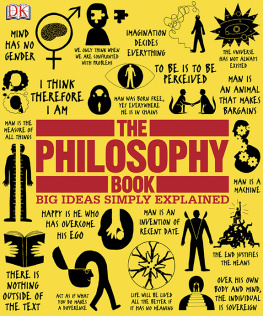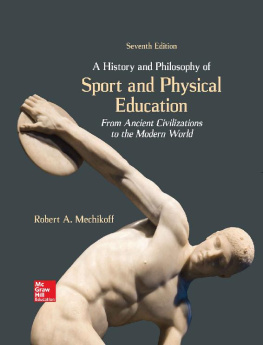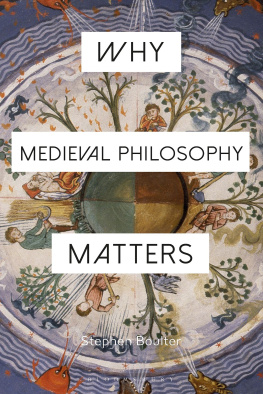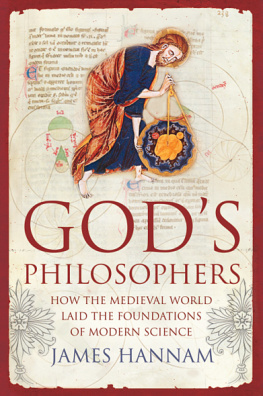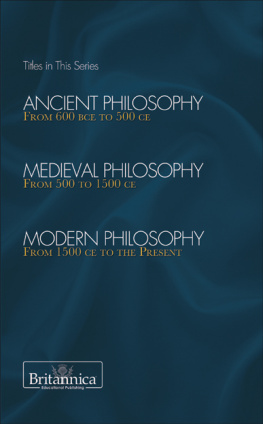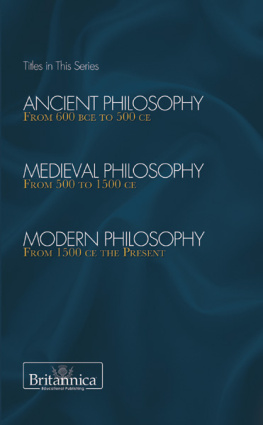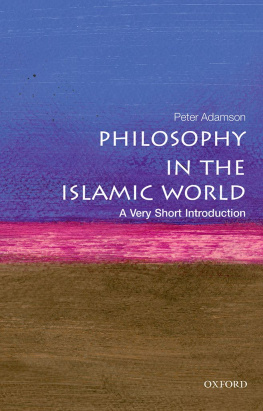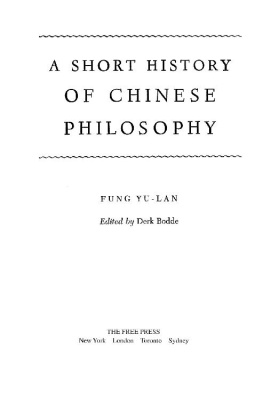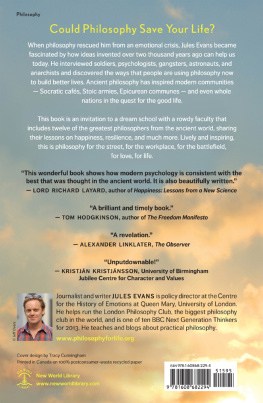The Philosophy Book
Here you can read online The Philosophy Book full text of the book (entire story) in english for free. Download pdf and epub, get meaning, cover and reviews about this ebook. City: London, year: 2011, publisher: Dorling Kindersley, genre: Religion. Description of the work, (preface) as well as reviews are available. Best literature library LitArk.com created for fans of good reading and offers a wide selection of genres:
Romance novel
Science fiction
Adventure
Detective
Science
History
Home and family
Prose
Art
Politics
Computer
Non-fiction
Religion
Business
Children
Humor
Choose a favorite category and find really read worthwhile books. Enjoy immersion in the world of imagination, feel the emotions of the characters or learn something new for yourself, make an fascinating discovery.
The Philosophy Book: summary, description and annotation
We offer to read an annotation, description, summary or preface (depends on what the author of the book "The Philosophy Book" wrote himself). If you haven't found the necessary information about the book — write in the comments, we will try to find it.
Unknown: author's other books
Who wrote The Philosophy Book? Find out the surname, the name of the author of the book and a list of all author's works by series.
The Philosophy Book — read online for free the complete book (whole text) full work
Below is the text of the book, divided by pages. System saving the place of the last page read, allows you to conveniently read the book "The Philosophy Book" online for free, without having to search again every time where you left off. Put a bookmark, and you can go to the page where you finished reading at any time.
Font size:
Interval:
Bookmark:



Philosophy is not just the preserve of brilliant but eccentric thinkersthat it is popularly supposed to be. It is what everyone does when theyre not busydealing with their everyday business and get a chance simply to wonder what life and theuniverse are all about. We human beings are naturally inquisitive creatures, and canthelp wondering about the world around us and our place in it. Were also equipped with apowerful intellectual capability, which allows us to reason as well as just wonder.Although we may not realize it, whenever we reason, were thinkingphilosophically.
Philosophy is not so much about coming up with the answers to fundamental questions asit is about the process of trying to find these answers, using reasoning rather thanaccepting without question conventional views or traditional authority. The very firstphilosophers, in ancient Greece and China, were thinkers who were not satisfied with theestablished explanations provided by religion and custom, and sought answers which hadrational justifications. And, just as we might share our views with friends andcolleagues, they discussed their ideas with one another, and even set up schools toteach not just the conclusions they had come to, but the way they had come to them. Theyencouraged their students to disagree and criticize ideas as a means of refining themand coming up with new and different ones. A popular misconception is that of thesolitary philosopher arriving at his conclusions in isolation, but this is actuallyseldom the case. New ideas emerge through discussion and the examination, analysis, andcriticism of other peoples ideas.
"Wonder is very much the affection of a philosopher; for there is no otherbeginning of philosophy than this."
Plato
The archetypical philosopher in this respect was Socrates. He didnt leave anywritings, or even any big ideas as the conclusions of his thinking. Indeed, heprided himself on being the wisest of men because he knew he didnt know anything.His legacy lay in the tradition he established of debate and discussion, ofquestioning the assumptions of other people to gain deeper understanding and elicitfundamental truths. The writings of Socrates pupil, Plato, are almost invariably inthe form of dialogues, with Socrates as a major character. Many later philosophersalso adopted the device of dialogues to present their ideas, giving arguments andcounterarguments rather than a simple statement of their reasoning andconclusions.
The philosopher who presents his ideas to the world is liable to be met withcomments beginning Yes, but or What if rather than wholehearted acceptance.In fact, philosophers have fiercely disagreed with one another about almost everyaspect of philosophy. Plato and his pupil Aristotle, for example, held diametricallyopposed views on fundamental philosophical questions, and their different approacheshave divided opinions among philosophers ever since. This has, in turn, provokedmore discussion and prompted yet more fresh ideas.
But how can it be that these philosophical questions are still being discussed anddebated? Why havent thinkers come up with definitive answers? What are thesefundamental questions that philosophers through the ages have wrestledwith?
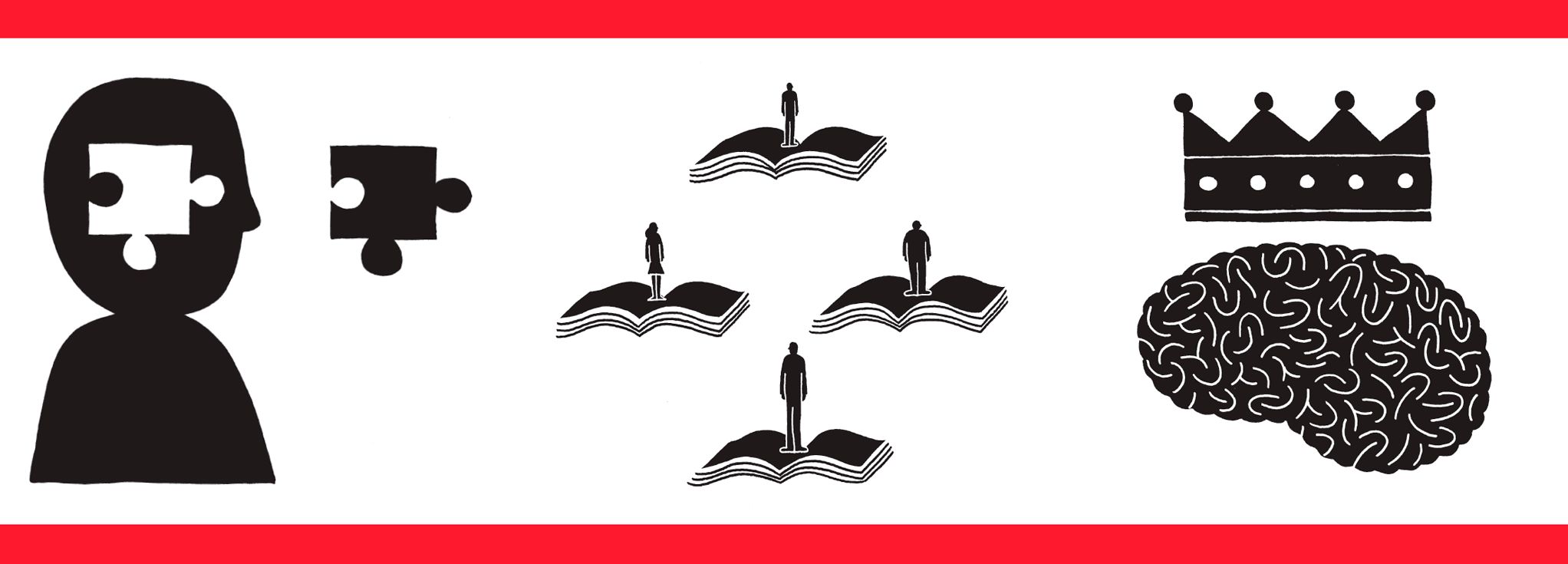
When the first true philosophers appeared in ancient Greece some 2,500 years ago,it was the world around them that inspired their sense of wonder. They saw the Earthand all the different forms of life inhabiting it; the sun, moon, planets, andstars; and natural phenomena such as the weather, earthquakes, and eclipses. Theysought explanations for all these thingsnot the traditional myths and legends aboutthe gods, but something that would satisfy their curiosity and their intellect. Thefirst question that occupied these early philosophers was What is the universe madeof?, which was soon expanded to become the wider question of What is the nature ofwhatever it is that exists?
This is the branch of philosophy we now call metaphysics. Although much of theoriginal question has since been explained by modern science, related questions ofmetaphysics such as Why is there something rather than nothing? are not so simplyanswered.
Because we, too, exist as a part of the universe, metaphysics also considers thenature of human existence and what it means to be a conscious being. How do weperceive the world around us, and do things exist independently of our perception?What is the relationship between our mind and body, and is there such a thing as animmortal soul? The area of metaphysics concerned with questions of existence,ontology, is a huge one and forms the basis for much of Western philosophy.
Once philosophers had started to put received wisdom to the test of rationalexamination, another fundamental question became obvious: How can we know? Thestudy of the nature and limits of knowledge forms a second main branch ofphilosophy, epistemology.
At its heart is the question of how we acquire knowledge, how we come to know whatwe know; is some (or even all) knowledge innate, or do we learn everything fromexperience? Can we know something from reasoning alone? These questions are vital tophilosophical thinking, as we need to be able to rely on our knowledge in order toreason correctly. We also need to determine the scope and limits of our knowledge.Otherwise we cannot be sure that we actually do know what we think we know, andhavent somehow been tricked into believing it by our senses.
"Superstition sets the whole world in flames; philosophy quenches them."
Voltaire
Reasoning relies on establishing the truth of statements, which can then be usedto build up a train of thought leading to a conclusion. This might seem obvious tous now, but the idea of constructing a rational argument distinguished philosophyfrom the superstitious and religious explanations that had existed before the firstphilosophers. These thinkers had to devise a way of ensuring their ideas hadvalidity. What emerged from their thinking was logic, a technique of reasoning thatwas gradually refined over time. At first simply a useful tool for analyzing whetheran argument held water, logic developed rules and conventions, and soon became afield of study in its own right, another branch of the expanding subject ofphilosophy.
Like so much of philosophy, logic has intimate connections with science, andmathematics in particular. The basic structure of a logical argument, starting froma premise and working through a series of steps to a conclusion, is the same as thatof a mathematical proof. Its not surprising then that philosophers have oftenturned to mathematics for examples of self-evident, incontrovertible truths, northat many of the greatest thinkers, from Pythagoras to Ren Descartes and GottfriedLeibniz, were also accomplished mathematicians.
Although logic might seem to be the most exact and scientific branch ofphilosophy, a field where things are either right or wrong, a closer look at thesubject shows that it is not so simple. Advances in mathematics in the 19th centurycalled into question the rules of logic that had been laid down by Aristotle, buteven in ancient times Zeno of Eleas famous paradoxes reached absurd conclusionsfrom apparently faultless arguments.
Font size:
Interval:
Bookmark:
Similar books «The Philosophy Book»
Look at similar books to The Philosophy Book. We have selected literature similar in name and meaning in the hope of providing readers with more options to find new, interesting, not yet read works.
Discussion, reviews of the book The Philosophy Book and just readers' own opinions. Leave your comments, write what you think about the work, its meaning or the main characters. Specify what exactly you liked and what you didn't like, and why you think so.

